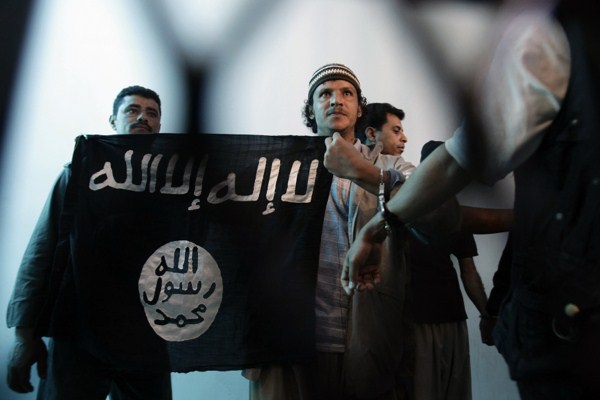Even before the smoke cleared from last week’s horrific terrorist attacks in Paris, people were struggling to make sense of them. Because the initial victims were associated with Charlie Hebdo, a satirical magazine known to deride Islam, attention fell on questions of free speech and whether it should be limited when religion is involved. But even if the belief that Islam is being insulted influenced the killers at a personal level, the al-Qaida strategists who claim to have directed the Charlie Hebdo attack had other goals. For them, the notion of blasphemy is useful propaganda, but their objectives are much bigger than punishing cartoonists.
In 2004, Australian Lt. Col. David Kilcullen, who went on to be a key adviser to Gen. David Petraeus in Iraq and an architect of U.S. thinking about counterinsurgency, proposed an innovative perspective on what had, by that point, become known as the Global War on Terror. Islamist terrorism was, Kilcullen argued, “best understood as a global insurgency, initiated by a diffuse grouping of Islamist movements that seek to re-make Islam’s role in the world order.” This insight still applies today. To understand jihadist organizations like al-Qaida and the so-called Islamic State (IS) first requires understanding the core logic of insurgency.
At its most basic, insurgency is a strategy of violence used by the weak—most often a nonstate organization—against the strong, normally a government. To have any chance of success, insurgents must goad counterinsurgents into mistakes. This plays out in several ways. Osama bin Laden’s grand strategy was to provoke the U.S. into over-extension with the 9/11 attacks, thus allowing al-Qaida to attract recruits and supporters angered by U.S. military action while imposing great political and financial costs on the U.S. To an extent, this worked, although al-Qaida suffered more losses than it expected and was unable to take advantage of the successful aspects of its strategy.

